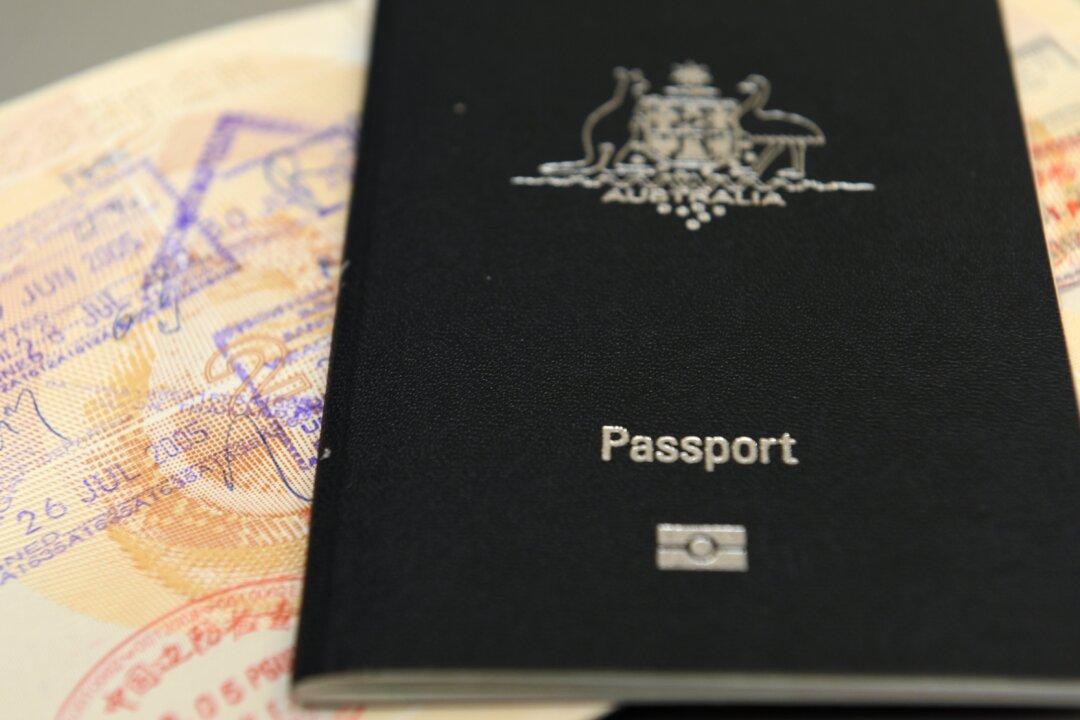More than 15,000 New Zealanders are currently in the process of getting Australian citizenship after a new fast-tracked pathway launched on July 1.
The new direct pathway to Australian citizenship removed the hurdles introduced in 2001, allowing eligible New Zealand citizens who have lived in Australia for more than four years to skip the permanent residency stage entirely.





